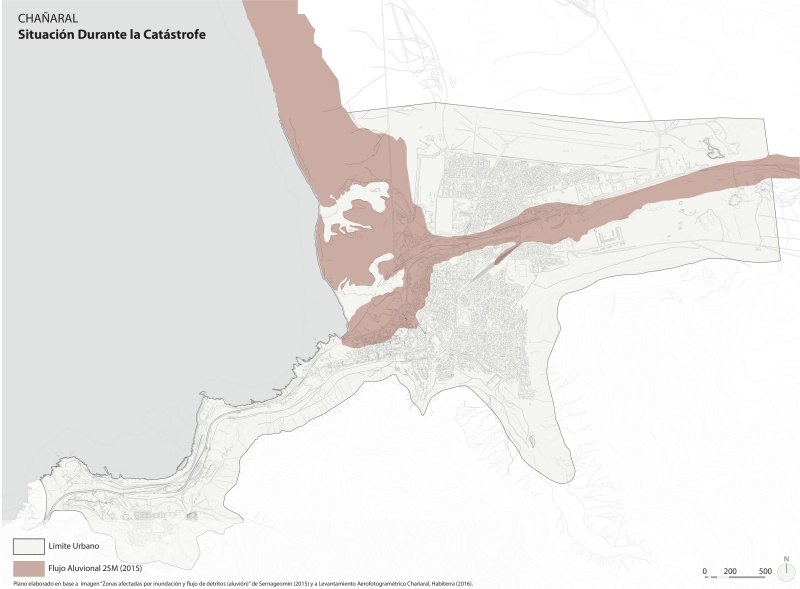From Emergency to Reconstruction: post disaster policies for sustainable urban development

Chile has experienced two of the world’s ten strongest earthquakes in recorded history. The revision of the building codes after every major seismic event has led to safer buildings, especially in urban areas, and has significantly reduced the number of casualties. However, Chile is periodically exposed to different hazards, and consequently disasters continue to cause large-scale destruction, especially to the housing stock. Thus, appropriate emergency response, recovery, and reconstruction processes are still needed to restore livelihoods.
This work documents and analyzes the emergency plans, programs and actions carried out in a sample of disasters in Chile since 1960, with a particular focus on the potential integration of the initial emergency phase –in terms of regulations, procedures, and actors– with the longer term reconstruction process.
The final aim is to identify the achievements and shortcomings in the Chilean emergency and reconstruction systems, considering at least three levels: first, the capacity of response to the emergency and reconstruction challenges; second, the integration between the different stages of the process (from the emergency to the reconstruction); and finally, to visualize the capacity to use the disaster to correct and improve the initial situation

